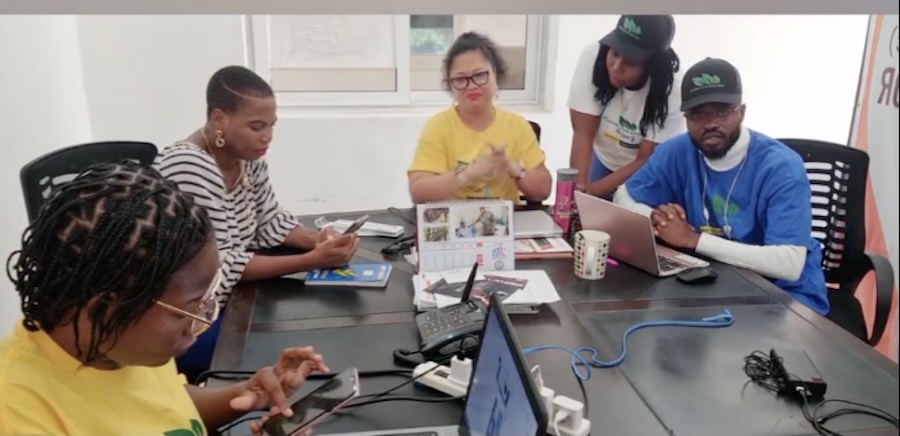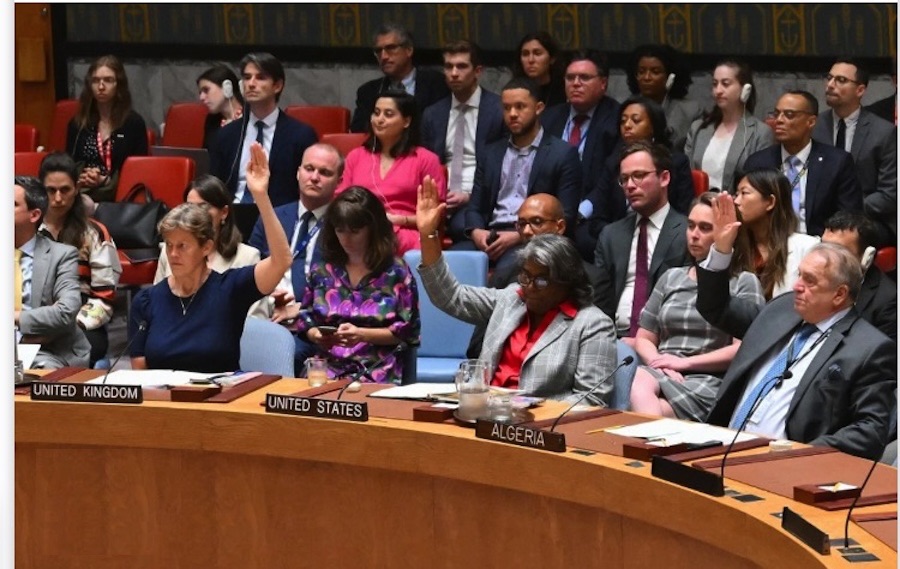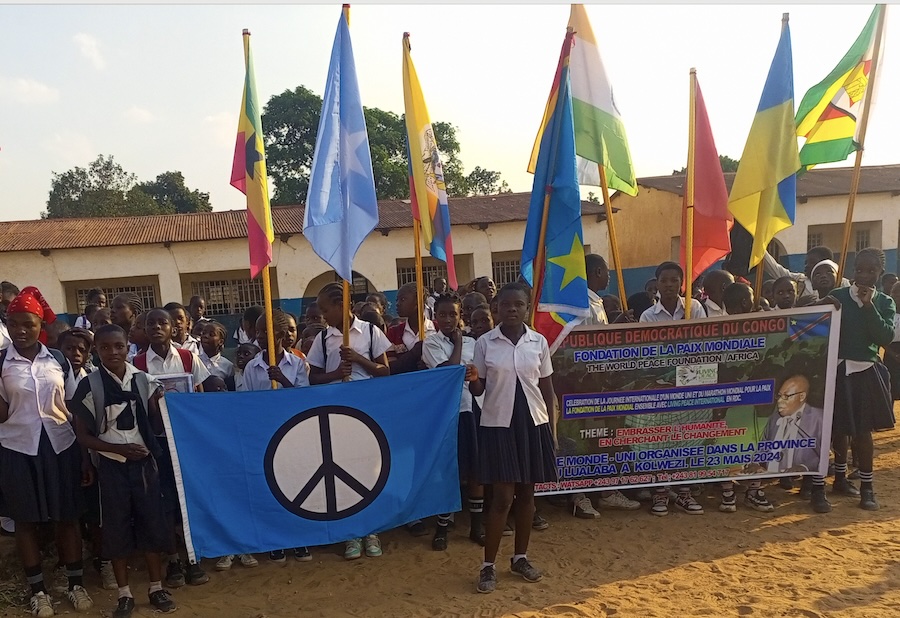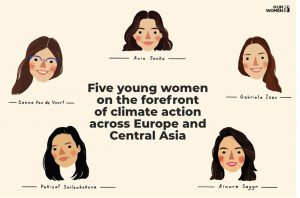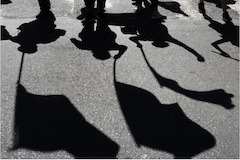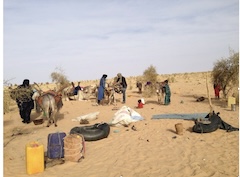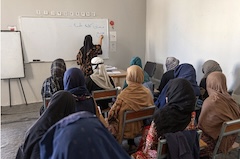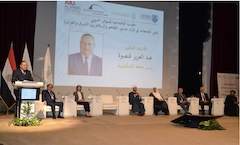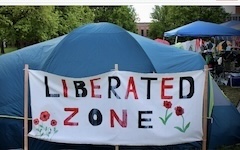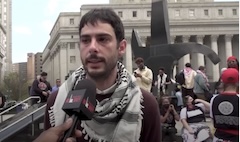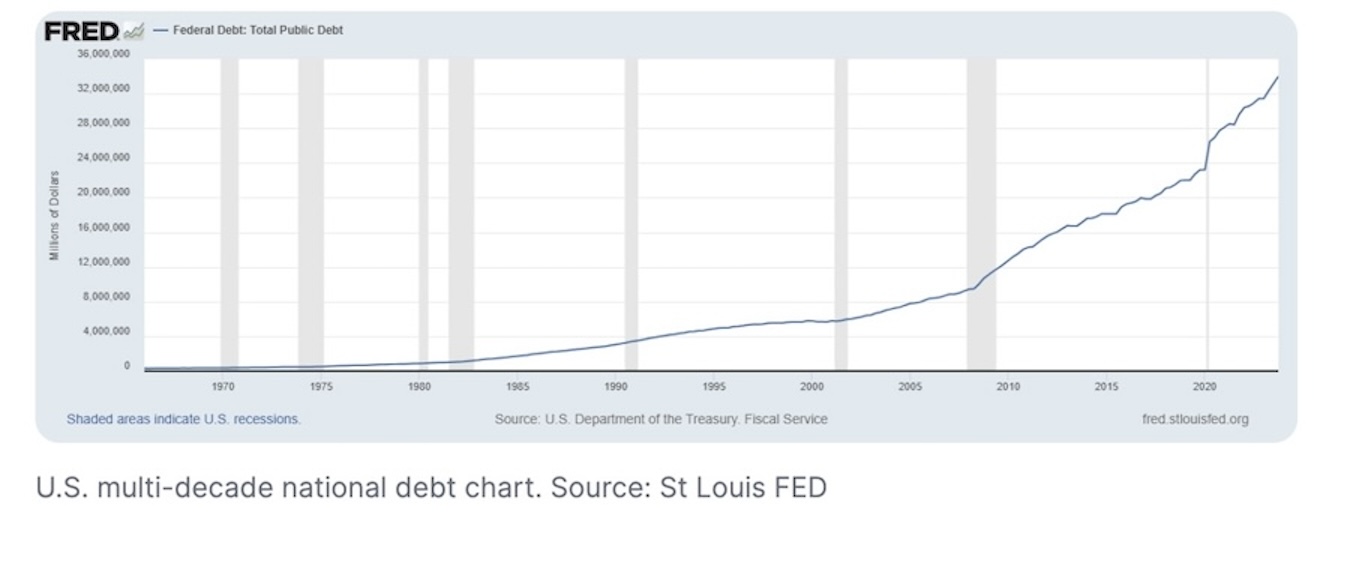DISARMAMENT AND SECURITY .
An article by Federico Fuentes in Nueva Sociedad, Friedrich Ebert Stiftung (translated by CPNN)
Standing Together is an Israeli Jewish-Arab social movement against racism and occupation and for equality and social justice. In this interview, Uri Weltmann, national organizer for Standing Together, talks about the growing peace movement in Israel, how activists are confronting far-right extremists who are trying to block humanitarian aid from reaching the Gaza Strip, and recent electoral advances of the left.

How has the peace movement within Israel evolved since October 7? Is it changing public opinion and counteracting Prime Minister Benjamin Netanyahu’s war efforts? What role does Standing Together play within the movement?
After October 7, the Israeli police limited people’s right to protest and exercise their civil liberties. It was almost impossible to get a permit to demonstrate. That’s why, throughout October and November, most of the actions undertaken by the peace movement – including Standing Together – were not necessarily marches, pickets or rallies. Instead, we hung street signs reading “Only peace will bring security” and organized emergency Jewish-Arab conferences in two dozen towns and cities across Israel, where we raised the demand for an alternative path to the government’s.
Only in December did the possibility of organizing larger protests arise. At the time, Standing Together brought together hundreds of people at a rally in Haifa on December 16 and another 1,000 people at a rally in Tel Aviv on December 28. In January, we held our first anti-war march, in which a coalition of more than 30 peace movements and organizations mobilized thousands of people.
The latest and largest demonstrations to date occurred in early May, featuring Palestinian and Jewish speakers and thousands of people marching in Tel Aviv under the slogan “Stop the war, bring back the hostages.” One of the speakers was Shachar Mor (Zahiru), whose nephew is held by Hamas in Gaza. He harshly criticized the cynicism of Netanyahu and his allies, and called for an end to the war to bring back the hostages. Avivit John, a survivor of the Kibbutz Beeri massacre, where many civilians were killed on October 7, told the crowd that although he had lost friends and family in the Hamas attack, he did not want us, as a society, to also lose our humanity. He called for an end to the war, recognition of the shared humanity of Israelis and Palestinians and the return of the hostages.
Along with the protests organized by the peace movement, there has also been a broader protest movement demanding the return of the hostages and which, over time, has taken an explicitly anti-war line. In the first months after October 7, family and friends of the hostages organized demonstrations to raise awareness about their plight, with the aim of putting pressure on the government. However, two months ago, this movement took a left turn by linking up with anti-Netanyahu organizations and publicly announcing that they had concluded that Netanyahu and his government were an obstacle to a ceasefire agreement that could facilitate the release of the hostages. Instead, they said, what is needed is a mass movement to force out the government and hold early elections.
A few weeks ago, when negotiations between Israel and Hamas seemed on the verge of reaching an agreement, the protest movement openly declared itself in favor of ending the war in exchange for the return of the hostages. They held one of their massive Saturday protests in Tel Aviv – attended by tens of thousands of people – under the slogan “Hostages, not Rafah”, and popularized the chant “Kulam Tmurat Kulam” (Hebrew for “[Liberation] of all of them, in exchange for all of them”), a call for the release of the thousands of Palestinian prisoners detained in Israeli jails in exchange for the release of the Israeli hostages held by Hamas.
This broad protest movement has changed the political climate within Israel: the right-wing and far-right parties that make up Netanyahu’s coalition are losing ground among the population. Although they obtained 64 of the 120 seats in the Knesset (Israeli Parliament) in the November 2022 elections, according to the latest polls today they would only win between 45 and 52 seats. This poses a problem for Netanyahu, as it not only means that he would be removed from office, but that his corruption trial would be resumed and he could possibly end up in jail. So he has both a political and a personal interest in a long, extended war against Gaza, as his far-right coalition partners demand. He knows that a hostage deal will most likely mean the end of the war. And that the end of the war means the dismantling of his coalition government and the calling of early elections, with a consequent political defeat and the possible loss of his personal freedom. It is this assessment that has led the broad protest movement calling for the return of the hostages to realize that Netanyahu is an obstacle that must be removed and not merely an interested party that must be convinced.
Members of Standing Together have intervened in these mass protests – in Tel Aviv, Haifa, Jerusalem, Beer Sheva, Kfar Sava, Karmiel and elsewhere – insisting that the safe return of the hostages must be accompanied by ending the war and the massacres of innocent civilians in Gaza. Furthermore, our message is that the long-term security of both peoples will not be achieved through war, occupation and siege. On the contrary, we demand an end to the occupation and a peace between Israel and Palestine that recognizes the right of everyone to live in freedom, security and independence. There are millions of Israeli Jews in our country and none of them are going to leave. There are also millions of Palestinians in our country and none of them are going to leave. This must be the starting point of our politics if we want to imagine a future of justice, liberation and security.
Standing Together formed the Humanitarian Guard to counter far-right attempts to block aid convoys heading to Gaza. What can you tell us about this initiative?
In mid-May, images and videos drew attention of violent and extremist settlers, known as The Young People of the Hill, attacking trucks at the Tarqumia checkpoint – the main border crossing connecting occupied Palestinian territory in the West Bank with Israel – carrying food and other humanitarian aid to the besieged Gaza Strip. The Palestinian truck drivers were beaten and hospitalized, the bags of flour and wheat were destroyed, and the trucks were set on fire. These violent attacks received local and international media attention, especially because they occurred in front of Israeli soldiers and police who did nothing to prevent them.
(article continued in right column)
(Click here for the original Spanish version.)
Question related to this article:
How can a culture of peace be established in the Middle East?
(article continued from left column)
In response, Standing Together announced the formation of the Humanitarian Guard, an initiative to bring together peace activists from across Israel to act as a physical barrier between extremist settlers and the trucks, document what was happening, and force the police to intervene. . To date, more than 900 people have signed up to volunteer for this initiative. Every day, dozens of people flock from Jerusalem and Tel Aviv to the checkpoint. Our protective presence at the Tarqumia checkpoint has allowed the safe passage of hundreds of trucks during the first two weeks, delivering tons of food to the civilian population of the Gaza Strip, where a growing famine and humanitarian catastrophe is occurring. .
The first day I was there, the police were forced to move the settlers away and allow the trucks to pass, whose drivers honked their horns in support. The settlers seemed visibly upset by our presence and the fact that we outnumbered them. They abandoned the checkpoint, but we learned from their WhatsApp group that they were regrouping on the road to attack the trucks before they reached the checkpoint. When we reached the intersection where they were, we found them looting a truck, destroying packages of food and throwing it on the side of the road. Only when we arrived did the police reluctantly move them aside, allowing the wrecked truck to drive away. We collected the food to put it on the next trucks. We also documented settler attacks and filed complaints, which led to the police arresting some of them.
We consider the Humanitarian Guard as both a way of expressing solidarity with the people of the Gaza Strip and waging a fight for the character of our society: we refuse to allow Israeli society to be modeled after the moral frameworks of the fanatics of extreme right that dehumanize Palestinians and promote a politics of death. Standing Together, as a movement, is rooted within Israeli society, with all its complexities, and works to create changes in public opinion and organize the Jewish and Palestinian citizens of Israel to build a new majority within our society, one that allows us to move towards peace, equality and social and climate justice.
The United Nations (UN) recently voted to elevate Palestine’s status in that organization, while some European governments have officially recognized the Palestinian state. The United States has even refused to supply bombs to Israel to attack Rafah. Within Israel, is there a feeling that international support is being lost? What impact does this have on public opinion about the government?
The UN vote to give more rights to the Palestinians, as well as the decision by Spain, Norway and Ireland to formally recognize the Palestinian state, are important diplomatic steps to reinforce the international legitimacy of the struggle for liberation and the right to a Palestinian state. I am convinced – and there is a broad international consensus on this matter – that the UN resolutions constitute the best basis to allow the Palestinians to achieve their right to national self-determination, through the establishment of an independent State with East Jerusalem as its capital and the Green Line (the border before June 4, 1967) as the border between the States of Palestine and Israel. Such a peace agreement would have to include the dismantling of all Israeli settlements in the occupied West Bank, which are illegal under international law; a fair and consensual solution for Palestinian refugees based on UN resolutions; the demolition of the so-called Separation Wall built in the early 2000s; and the release of Palestinian prisoners held in Israeli jails, including the more than 3,600 “administrative detainees” who remain in jail without charge, trial or conviction, in some cases for many years.
Within Israel, the mainstream media presents this shift in foreign public opinion and diplomatic developments as supposedly directed against all Israelis. The Israeli political class tries to identify the government and the State with ordinary people and presents the international criticism directed against the actions of the Netanyahu government in Rafah as criticism directed against all Israeli citizens, while the accusations of war crimes against Netanyahu and others in high positions are presented as accusations directed against all Israelis. This has the effect of consolidating people around Netanyahu’s government, so that even people who criticize his actions or are looking for a political alternative side with him against the Hague court.
This demonstrates the importance of creating a space within Israeli society to criticize the policies of the political establishment. If all the criticism is external, or if the criticism confuses the people with the government, the effect will be to close, rather than widen, the gap between the majority of the people and the current leaders.
In the midst of the war, local elections were held in which, for the first time, Standing Together gained representation in the municipal councils of Tel Aviv and Haifa. What can you tell us about these results and their importance for the construction of a new left in Israel?
On February 27, local elections were held in Israel. Initially scheduled for October, they were postponed due to the war. These elections, held every five years, determine the composition of the municipal councils. In the months prior to the elections, two new urban movements, both ideologically related to Standing Together, emerged in Tel Aviv and Haifa to compete in those elections.
In Tel Aviv, the local Purple City movement, led by Standing Together national leadership member Itamar Avneri, brings together a majority coalition of urban youth around housing and climate justice issues. In September, he joined with other left-wing sectors, such as the Communist Party, a local environmental movement and some community activists to form an electoral coalition called La Ciudad Somos Todos. This coalition obtained 14,882 votes (7.6%) in the elections and won 3 of the 31 municipal council seats. Avneri, who was the third candidate on the coalition’s list, was elected as a councillor.
In Haifa, the local City Majority movement, led by Sally Abed, from the national leadership of Standing Together, participated in the elections and obtained 3,451 votes (3%), which allowed Abed to be elected as a councilor. It was the first time that a Palestinian woman headed a list for the Haifa municipal council. The list also included as a candidate Orwa Adam, an openly gay Palestinian activist, something unprecedented in Israeli electoral history.
Both lists were joint Jewish-Arab movements and, although organisationally, legally and financially independent of Standing Together – as electoral laws require – both were publicly recognized as consistent with our political “mark”. These successful experiences of electoral movements organized from below are important for the construction of a new popular and viable left in Israel with roots in our communities, an internationalist orientation and grounded in socialist values. In the coming years, this is the main challenge facing all of us who hope to see a combative left in Israel capable of confronting the dominant institutional hegemony and building power around an alternative political project.
– – – – – –
If you wish to make a comment on this article, you may write to coordinator@cpnn-world.org with the title “Comment on (name of article)” and we will put your comment on line. Because of the flood of spam, we have discontinued the direct application of comments.
